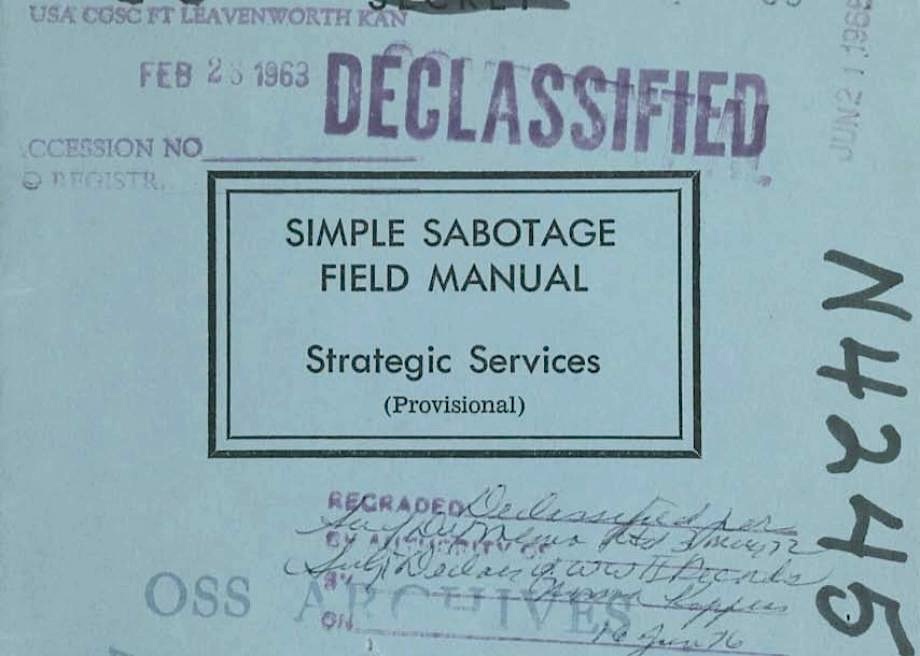Prada, Alfa Romeo, Pellegrino, Ferrari, Illy, Lamborghini, Gucci: these are a few Italian corporations we all know, though we don’t necessarily know that they’re all from the north of Italy. The same is true, in fact, of most Italian brands that now enjoy global recognition, and according to the analysis presented in the RealLifeLore video above, that’s not a coincidence. More than 160 years after the unification of Italy, the south remains an economic and social under-performer compared to the north, reflected in measures like the Human Development Index, GDP per capita, and even voter turnout. At this point, the disparity between the two halves of the country looks starker than that between the former East and West Germany.
The reasons begin with geography: besides its obvious proximity to the rest of Europe, northern Italy is home to the highly navigable Po River and its surrounding valley, the freshwater (and hydroelectric power) sources of the Alps, and the deep-water ports at Trieste and Genoa. What’s more, it doesn’t much overlap with the fault zone under the Apennine Mountains of central and southern Italy, and thus isn’t as exposed to the earthquakes that have taken such a toll over the centuries. Nor are any of the country’s active volcanoes — including Mt. Vesuvius, which destroyed Pompeii in the year 79 and killed thousands of Neapolitans in 1631 — located in the north.
After the fall of the Roman Empire, the political fates of what would become northern and southern Italy also diverged. Large parts of the south experienced rule by Greeks, Arabs, Normans, Spaniards, and Austrian Habsburgs. As the video’s narration tells the story, “The long reign of foreign powers throughout southern Italy established a culture of absentee landlords, large land holdings worked by peasants, and feudalism that persisted for much longer than it did in the north, which for centuries after the Middle Ages was controlled by various thriving, independently governed communes and city-states that built up large amounts of trust, or social capital, between the people who lived there and the institutions they built.”
Even at the time of unification, southern Italy had less infrastructure than northern Italy, a difference that remains painfully obvious to any travelers attempting to make their way across the country today. It also had quite a lot of catching up to do with regard to industrial output and literacy rates. Though certain gaps have narrowed, the north-south divide has actually become more pronounced in certain ways since, not least due to the recrudescence of Mafia influence since the Second World War (a major factor in the persistent lack of a bridge to Sicily, as recently featured here on Open Culture). Not to say that each half is homogeneous within itself: spend enough time in any of the regions that constitute either one, and it will come to feel like a distinct nation unto itself. Eventually, you may also find yourself in agreement with the Italians who insist that Italy never really unified in the first place.
Related content:
Exploring the Greatest of Italy’s 6,000 Ghost Towns: Take a Tour of Craco, Italy
Built to Last: How Ancient Roman Bridges Can Still Withstand the Weight of Modern Cars & Trucks
A Data Visualization of Every Italian City & Town Founded in the BC Era
Based in Seoul, Colin Marshall writes and broadcasts on cities, language, and culture. His projects include the Substack newsletter Books on Cities and the book The Stateless City: a Walk through 21st-Century Los Angeles. Follow him on the social network formerly known as Twitter at @colinmarshall.



